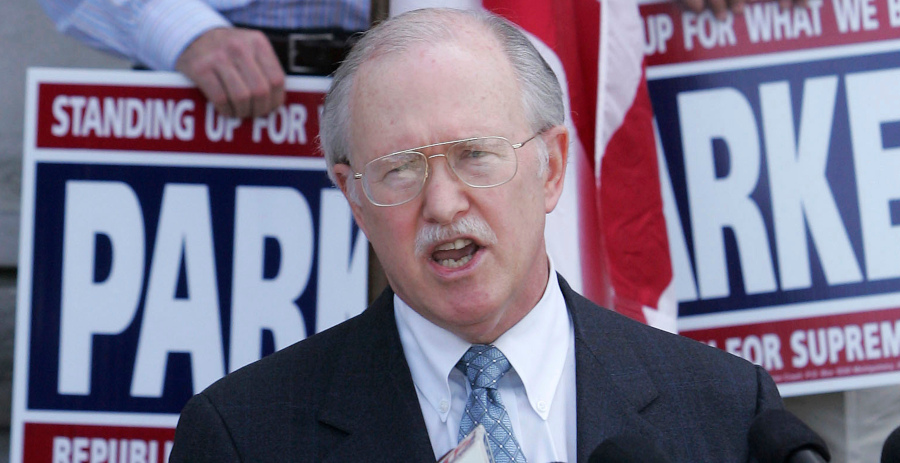A brief disclaimer before I tell you everything I think. I have never wanted children for two reasons: Firstly, the process of childbirth simply freaks me out, and second, small children scare me. I think Luke from Gilmore Girls is right that small children are always sticky. In my personal displeasure with children, it is not lost on me that my opinion is not a widely shared one, especially among Christians. I have had quite a few conversations with my roommate, friends and even professors about having children and often, I find that people tend to disregard my opinions and my decision about having them. Many even say, “Oh, just wait a few years, and you’ll want kids.”
In my daily scroll through the New York Times (it has been my replacement for Instagram in the past few weeks), an article titled “What Christian Traditions Say About IVF Treatments” came up. I won’t lie to you, my first thought on seeing this title was, “OMG, that’s what Kourtney Kardashian did.” I clicked on the article and began to read a wide array of opinions from Christian leaders.
It is no secret that Chief Justice of the Alabama Supreme Court, Tom Parker, has made decisions based on his Christian conviction, especially when discussing IVF. Judge Parker has stated, “Even before birth, all human beings have the image of God, and their lives cannot be destroyed without effacing his glory.” In the past, Judge Parker has also quoted the Book of Psalms when saying, “When judges don’t rule in the fear of the Lord, everything’s falling apart.”
Kristan Hawkins, an outspoken pro-life right-wing Christian, believes IVF treatments to be a business model that makes children disposable commodities. Hawkins runs Students for Life of America (SFLA), one of the largest and most influential anti-abortion groups in the country. On the SFLA website, IVF treatment is considered unnatural and a violation of human rights.
These conservative protestant beliefs are in line with Catholic teaching. The Roman Catholic catechesis is explicitly against practices required for IVF treatment. Pope Francis has also condemned the practice of surrogacy for women in the Catholic faith. He called surrogacy a despicable practice that turns an unborn child into an object of trafficking. This all boils down to the view that sex is a holy act exclusively meant for a wife and husband who want children. I would love to know the Pope what he believes about the perpetual virginity that he believes of His Holy Mother of God.
The protestant, more evangelical and mainline belief is gray. With less hierarchy in the church body, decisions are left to local churches and individual believers. This leads to opinions like Judge Parker’s or Ms. Hawkins’ and opinions that do not support IVF and surrogacy.
This article rocked my world. I had been going to mass services at a local parish, and I have come to love it. As a theology nerd, I like that God meets me in the middle of ritualized liturgy at mass as well as chapel sermons by Jeannie Banter. How could this sweet small parish that has so many children running around be in line with the belief that parents should not seek alternative methods of conception?
Leaders like Judge Parker and Ms. Hawkins consider themselves to be pro-life, yet they do not support treatments like IVF that help in the creation of life. By drawing in Christian values, these leaders are pulling on an emotional and spiritual level of decision making. The spiritual level of decision making requires people to question the root of their ethical decision making.
When I was telling one of my friends what I was writing about, she said, “I was an IVF baby. And if my mom hadn’t done IVF, they wouldn’t have been able to diagnose her other illness.”
The issue with modern medical practices such as IVF, surrogacy and contraceptives is that Scripture does not directly mention any of them. Without direct reference or commands, these practices are left up to interpretation, theology and personal conviction. Theologians and church leaders have been making decisions for thousands of years. One should not treat theology as a pick-and-choose, but it is important to test belief with scripture, prayer and current culture.
Article written by opinion contributor Kelly Graves.


